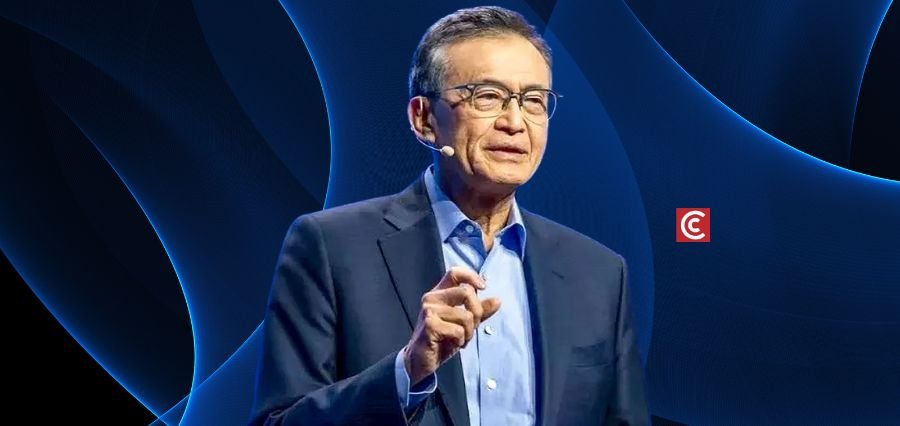Prime Highlights:
- Ex-President Donald Trump asked Intel CEO Lip‑Bu Tan to resign immediately based on conflict-of-interest.
- The call follows outrage from Senator Tom Cotton against Tan’s association with China.
Key Facts:
- Trump issued the call on Truth Social without providing concrete evidence.
- Intel so far has not commented on the resignation call.
Key Background:
Lip-Bu Tan became the CEO of Intel in March 2025. Tan assumed the position as CEO with a dream to resurrect Intel’s stature in the global semiconductor war. During his period, although Intel has revealed drastic strategic changes, including cost-cutting redundancies, divestment of non-core businesses, and substantial investments in advanced chip production. Intel is undertaking all this as part of its bigger vision to control AI chip design and next-generation semiconductor production.
The protest followed after Donald Trump called Tan “highly conflicted” and should resign “immediately.” The former president did not provide any evidence or state what the supposed conflict was. His comments followed Republican Sen. Tom Cotton’s reports, which were submitted after the latter had protested in regard to Tan’s previous associations and possible business associations with China when he was working at Cadence.
Senator Cotton referenced Cadence’s previous sale of software licenses to a Chinese university with a military affiliation as raising potential national security issues. While Tan is no longer working at Cadence, and no wrongdoing has been officially discovered, the allegations have been the focus of political debate, especially in the context of U.S.–China tech competitions.
Intel, a front-runner of the U.S. CHIPS Act initiative, has been given ginormous federal dollars—close to $8 billion—to aid semiconductor expansion in such states as Arizona, New Mexico, and Ohio. Tan has led the company, which has been regarded as a corner stone of America’s effort to increase domestic chip manufacturing and reduce its dependence on foreign makers.
In spite of the uproar, Intel’s board has not made a statement and Tan continues in his position as CEO. Crisis continues to unfold, with corporate governance and national policy towards technology perhaps hanging in the balance.

